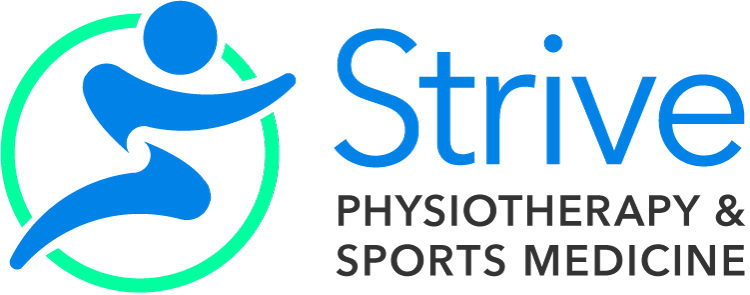Vestibular Blog
What is the Vestibular System?
The vestibular system consists of small organs in the inner ear which are responsible for maintaining balance and visual fixation while the head is moving. When the vestibular system is not functioning properly, people can experience symptoms such as dizziness, blurred vision, unsteadiness, and falls. Some conditions that can cause dysfunction of the vestibular system include vertigo, labyrinthine concussion, and vestibular lesions.
What Is Vestibular Rehabilitation?
Vestibular rehabilitation is just what it sounds like: rehabilitation for your vestibular system! Just like how someone might seek out rehabilitation for an injured muscle or ligament, exercise-based therapies targeting the vestibular system, are used to improve gaze stability and balance (3). A primary focus of vestibular rehabilitation is addressing altered signals from the inner ear to the brain with the goal of recovering one’s balance and correcting altered eye movements. Specialized treatment techniques are used to accomplish this. Treatment may include a combination of hands-on techniques, visual exercises, and balance exercises.
Is Vestibular Rehabilitation Right For Me? Does It Work?
An Evidence Based Clinical Practice Guideline from The American Physical Therapy Association indicates that vestibular rehabilitation provides substantial benefit for those suffering from vestibular problems affecting one or both ears (2). Vestibular rehabilitation should be provided for those experiencing dizziness, disequilibrium, motion sensitivity, oscillopsia, and imbalance (1).
Vestibular rehabilitation is just what it sounds like: rehabilitation for your vestibular system!
Is Vestibular Rehabilitation Helpful To Recover After A Car Accident or Sports Injury?
Following a concussion or head trauma, evidence suggests vestibular rehabilitation should be considered those who experience dizziness, walking and balance problems that do not resolve with rest (4). Low-level exercise and multimodal physiotherapy can benefit for those experiencing a delayed recovery (5).
Want To Get Back Into The Game?
Neck and vestibular physiotherapy have shown to decrease time to medical clearance to return to sport in youth and adults experiencing continued dizziness, neck pain, and headaches following a sport-related concussion (5).
- Alsalaheen BA et al. Vestibular rehabilitation for dizziness and balance disorders after concussion. JNPT 2010 34 87-93
- Courtney D. et. al. Vestibular Rehabilitation for Peripheral Vestibular Hypofunction: An Evidence-Based Clinical Practice Guideline. J Neurol Phys Ther. 2016 Apr.;40(2):124-155
- Han BI, Song HS, Kim JS. Vestibular rehabilitation therapy: review of indications, mechanisms, and key exercises. J Clin Neurol. 2011;7(4):184-196. doi:10.3988/jcn.2011.7.4.184
- Krebs DE, Gill-Body KM, Riley PO, Parker SW. Double-blind, placebo- controlled trial of rehabilitation for bilateral vestibular hypofunction: Preliminary report. Otolaryngol Head Neck Surg. 1993; 109:735-41.
- Schneider KJ et al. Cervico-vestibular physiotherapy in the treatment of individuals with persistent symptoms following sport related concussion: a randomized controlled trial. Abstracts from 2012 IFOMT Conference 2012. Submitted for publication.

